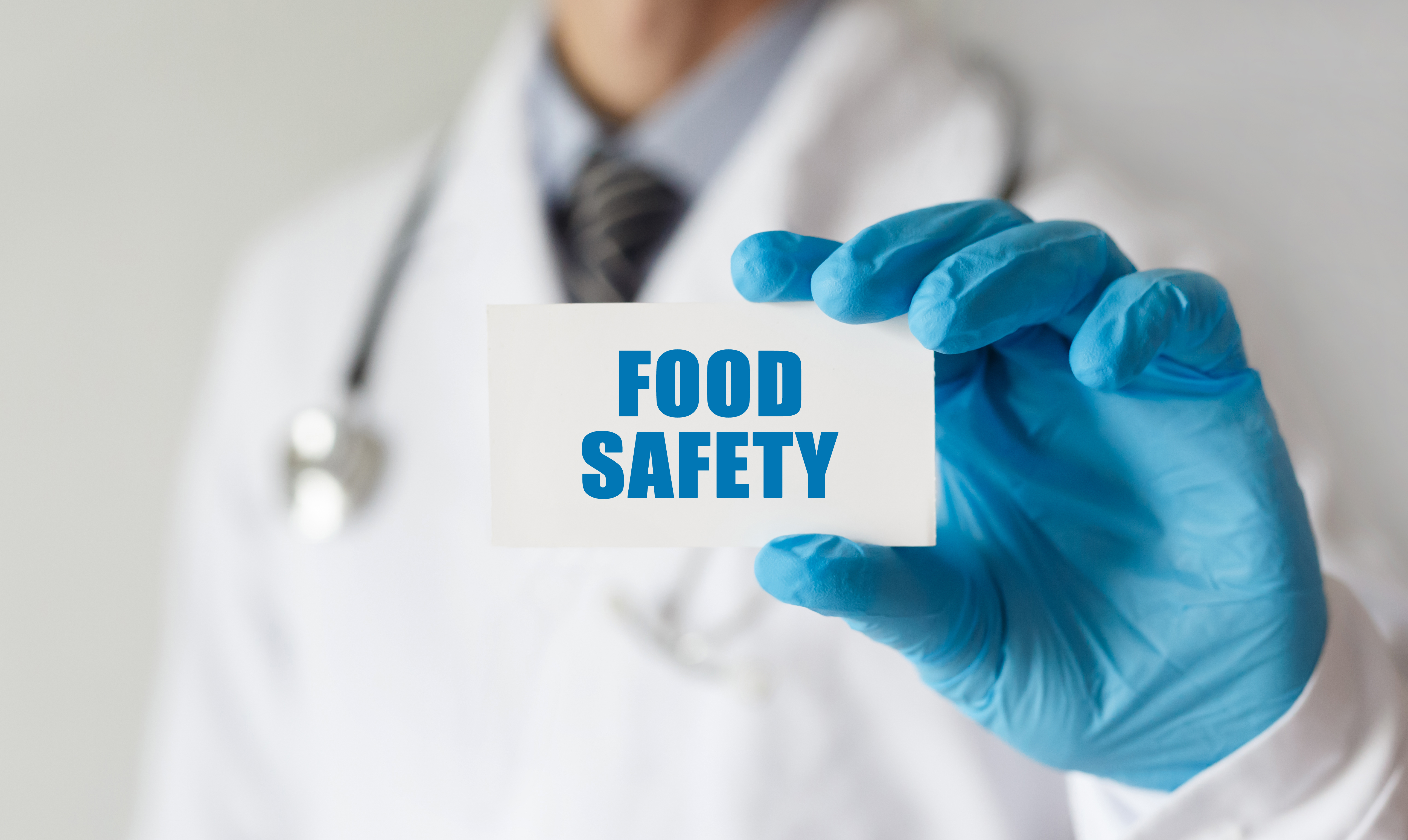- Certification >
- Food Safety FSSC22000/ISO22000
Food Safety Management
FSSC 22000
Food Safety System Certification 22000 (FSSC 22000) is a Global Food Safety Initiative (GFSI) recognised and internationally accepted food safety certification based upon the core ISO standard approach.
FSSC 22000 is comprised from a combination of standards and requirements and can be adapted to businesses across the food chain. These standards/requirements are:
1. ISO 22000
The internationally developed and approved standard that defined the essential elements of a robust Food Safety Management Systems encompassing ISO Plan-do -check act methodologies and their application to assist organisations at every level of the supply chain to identify, assess and mitigate against intrinsic and extrinsic risks to safety of the product(s) and the food safety management system itself.
2. Sector specific Pre-requisite programme (PRP) requirements
ISO has developed a number of technical specifications in the ISO/TS 22002-n series to define specific PRPs that apply across the food industry and supporting sectors, these include:
· ISO 22002-1 Food Manufacturing
· ISO 22002-2 Catering
· ISO 22002-4 Food Packaging Manufacturing
· ISO 22002-5 Transport & Storage
· ISO 22002-6 Feed and Animal Food Production
These technical specifications cover areas that organisations should consider when developing food safety management systems and include Buildings, Equipment, Utilities, Cross contamination, Pest control, Personnel, Storage, Product information and Food defence.
3. FSSC additional requirements
The FSSC has defined sector specific requirements to focus businesses on areas including Management of services, Emergency procurement, Labelling, Food defense, Food Fraud, Allergen management, Environmental monitoring and Product development.
The approach of combining relevant sector specific technical standards and requirements with ISO 22000 allows flexibility and comparative assurance across all food sectors including ingredients, vitamins and additives, food manufacturing, packaging manufacturing, animal feeds and food retail, wholesale, storage and distribution businesses.
Certification
Certification to FSSC 22000 can:
· Ensure management of food safety risk, traceability, recall and withdrawal, food fraud, food defence and food safety culture systems
· Enable International recognition and competitive advantage as a GFSI certified reputable supplier
· Be stand-alone or integrated with other ISO standards to provide a bespoke integrated approach
Once registered you company details are published on the FSSC 22000 (www.fssc22000.com) website that is used by customer and regulatory authorities.

GFSI Standard Comparison
FSSC 22000 enables businesses flexibility to implement processes which are most suited to their specific needs. By comparison, other GFSI recognised standards are seen by some to set overly descriptive requirements for the process and hygienic control which dictate how food safety should be addressed rather than empowering businesses to apply their own risk assessment methodologies.
Other benefits of FSSC 22000 include:
Independently developed by stakeholders across the food industry
Established by non-profit foundation to support the food industry and supporting sectors
FSSC Certification is valid for 3 years and there is no grading.
Initial audit(s) are performed based on a set defined duration, however unlike other GFSI standard audits in years 2 and 3 are of reduced duration.

Food Safety Management
ISO 22000
ISO 22000 is an internationally developed and approved standard that defined the essential elements of a robust Food Safety Management Systems. The standard is designed to help organisations at every level of the supply chain to identify, assess and mitigate against intrinsic and extrinsic risks to safety of the product(s) and the food safety management system itself.
The above is achieved through;
- Context - Determining the Context of the business and the needs of all Interested Parties with an aim of delivering to stakeholder expectations and determining the risks to the food safety management system
- Leadership, Planning & Support – Defining and resourcing business food safety objectives, communicating policy, roles and responsibilities whilst supporting actions to address risks and opportunities and develop competence, awareness and food safety culture.
- Operations – Implementing a multi-layered food safety management approach based upon relevant Pre-requisites, Operational Pre-requisites and Critical Control Points aligned with robust traceability and emergency preparedness systems
- Evaluation & Improvement – The check and act elements where system performance is assessed and corrected, improved as necessary
The standard does not dictate to you how to run a business it merely provides a framework that empowers a business to develop a self-owned food safety management system that is aligned with internationally accepted best practice.
This widely used international Standard is fully compatible with other traditional ISO management systems assisting businesses to implement an integrated management system to meet their specific requirements.

Transition from ISO 22000 and other GFSI standards is easily achieved and takes previous certification into consideration to potentially reduce the number of audits and costs.
Certification is achieved through completion of audit(s)s by our experienced audit team, the number of audits, type and duration of the audit is dependent on the certification history, type, size and complexity of the business.
How to apply
For all Food Safety Management quotes please download and complete the ISO 22000 & FSSC request for quotation form, from the link below, before emailing it to certification@nsai.ie
